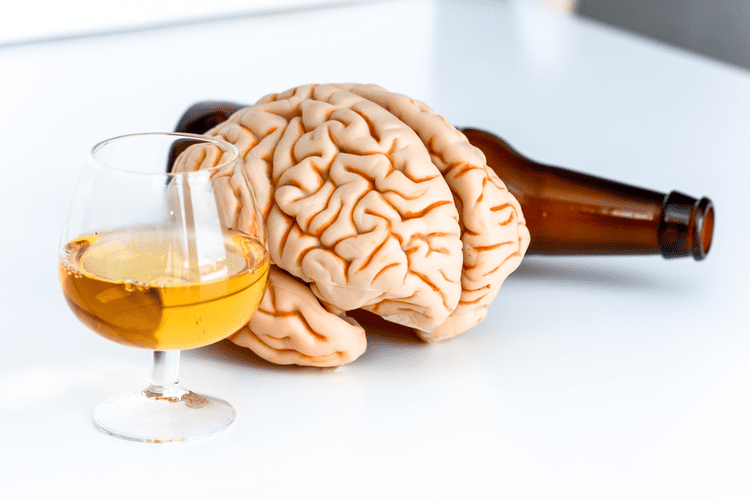In some cases, they may recommend several tests to confirm or rule out similar conditions, such as an alcohol allergy or histamine intolerance. Some brands advertise alcohol intolerance tests that measure IgG reactions rather than analyzing a person’s genetics. This type of test will not show someone if they have a genetic alcohol intolerance.
- Some brands advertise alcohol intolerance tests that measure IgG reactions rather than analyzing a person’s genetics.
- The cause of alcohol-related sickness may develop for various medical reasons, such as an intolerance to alcohol or another ingredient present in the beverage.
- True alcohol allergy is thought to be rare, while alcohol intolerance is more common.
- An allergist is a special type of doctor that focuses on allergic conditions.
Another potential mechanism is the increase in cortisol levels. Cortisol is a hormone that regulates the body’s response to stress. It also regulates metabolism, immune function, and inflammatory pathways. The unit of measurement for blood pressure is millimeters of mercury (mm Hg). If someone requires support with their alcohol use, they can speak with a doctor to discuss the recommended guidelines for alcohol intake. Additionally, people may seek support from family and friends or advice from a medical professional if they require longer-term support.
Mayo health library
Drinking alcohol may also increase blood pressure for a short amount of time even in healthy people. If you drink too much over time, chronic hypertension can develop. Completely refraining from consuming alcohol lowers the risk of some of the health risks listed above. Although some of those effects can occur what causes alcohol intolerance without alcohol consumption, avoiding alcohol helps decrease the risks. Another study, this time in the Journal of the American Heart Association, indicates that binge drinking increases blood pressure levels in men but not women. Despite this finding, women should try not to engage in binge drinking.
- Having an alcohol intolerance is a genetic condition that means your body can’t process alcohol easily.
- If someone has a true allergy to alcohol, they should avoid the substance entirely.
- If you’ve developed alcohol intolerance, there are a few things you can do to manage your symptoms.
- More than 20 million people are affected by excessive drinking or alcoholism in the United States.
- Self-diagnosis of alcohol intolerance or allergy is not advised.
Allergy symptoms that affect breathing or have the potential to block your airway, such as swelling in the mouth or of the tongue, can be life-threatening. If you have any of these symptoms or you are with someone who does, you should immediately seek emergency help by calling 911. Alcohol-induced respiratory symptoms are common in patients with aspirin exacerbated respiratory disease.
What is alcohol intolerance?
The difference between the two has to do with how the body reacts to alcohol. One study of 948 individuals found that 7.2% self-reported wine intolerance.
People with alcohol intolerance may notice one or more of these symptoms after taking a few sips of alcohol. Others might only develop them shortly after finishing 1 or 2 drinks. A true allergic reaction happens when your immune system goes into overdrive to attack something it sees as a threat. Allergic reactions can cause hives, facial swelling, nausea, and vomiting.
Is It Dangerous to Mix Ibuprofen and Alcohol?
Patient does not provide medical advice, diagnosis or treatment. “You can become more tolerant of alcohol over time. This means when you drink, it does not seem to have the same effect, and you need to drink more to get the usual buzz,” explains Dr Fox. Once your liver function is affected, this will soon start to affect the rate at which it can metabolise other medicines, affecting your overall health and nutrition levels.

It’s important to note that alcohol intolerance can be mistaken for an allergic reaction. However, while some of the symptoms may appear similar, alcohol intolerance is a different condition with its own set of causes and risk factors. A person’s tolerance may also change over time due to a decline in body mass in older adults. This may result in higher concentrations of alcohol in the blood and more significant effects from drinking.